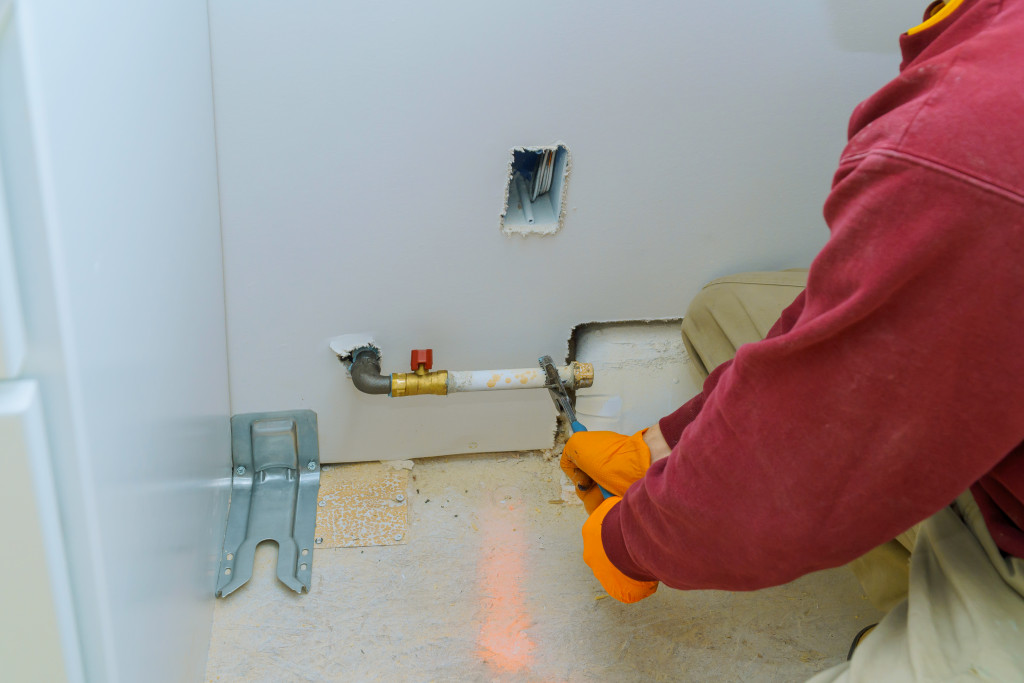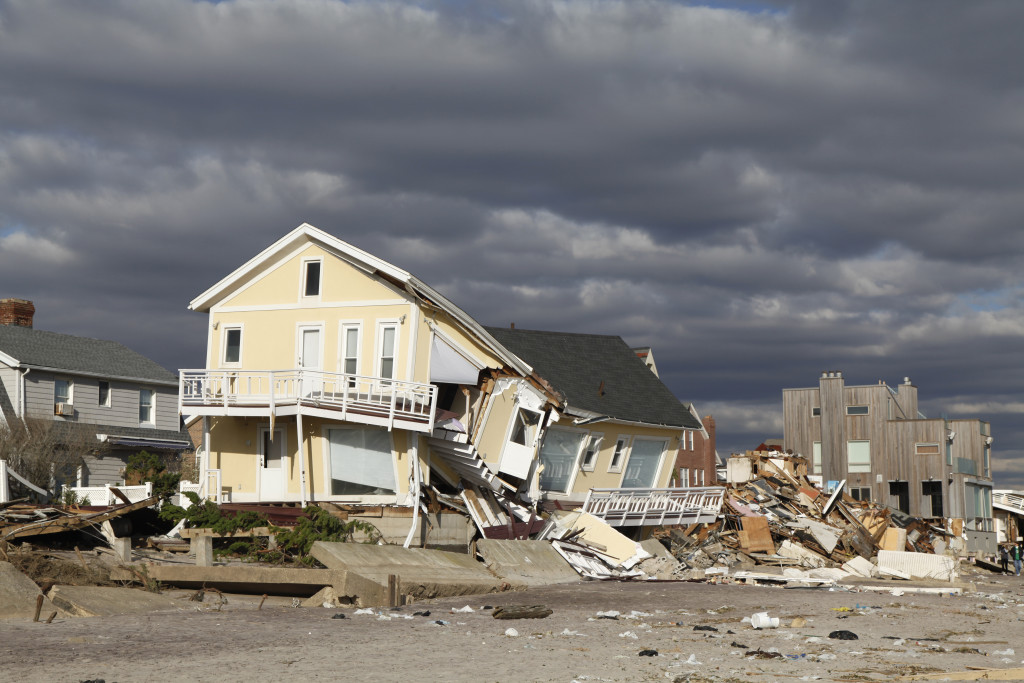A hurricane can be a very frightening event. The high winds and the heavy rains can cause a lot of damage to your home and property. In fact, according to the National Oceanic and Atmospheric Administration (NOAA), each event could lead to damages costing an average of $20.5 billion.
If you have been through a hurricane, here are some things you need to do to ensure that your home is safe and habitable.
1. Check for damage to your home.
Look for broken windows, loose siding, or any other structural damage. If you see any damage, it is crucial to get it fixed as soon as possible so that your home is not vulnerable to further damage from the weather or from burglars.
If the entirety of the house had been totaled, consider extensive flood damage repair that would need to be done and if you are insured for it. For example, if you have a basement, check to see if the water has risen enough to damage any of your belongings. If so, you will need to take everything out and have the fixtures there fixed as soon as possible.
Make sure to clean up any debris the hurricane may have left behind. This includes branches, leaves, and other items that can block drainage systems and cause further flooding. It is essential to clear these items as soon as possible so that they do not cause further damage to your home.
2. Check for downed power lines.
Hurricanes can also result in downed power lines that can be extremely dangerous. For this reason, do not go near them. Contact your power company and let them know about the downed lines so that they can send someone out to fix them.
Be sure to also check any appliance or electronic that was plugged into an outlet when the power went out. The power surge may have damaged these items, and they need to be replaced.
Do not try to use any gas-powered generators inside your home or garage. The fumes from the generator can be dangerous and cause carbon monoxide poisoning.
3. Check your gas lines.
Make sure that all of your gas appliances are turned off and that there are no leaks in your gas lines. You can do this by checking for any unusual odors in your home. If you smell gas, open all of the windows and doors to ventilate the area and then call the gas company. Do not turn on any lights or appliances until the gas company has determined that it is safe to do so.
More specifically, if you have a propane tank, make sure that it is not damaged and that there are no leaks. If you see any damage, call a professional to have the tank repaired or replaced. This is because propane is a very volatile gas and can be dangerous if handled incorrectly.
Regardless of the situation and the type of equipment you have, if you smell gas, it is always best to err on the side of caution and call the gas company.

4. Check your water lines.
Ensure that all your water pipes are intact and that there are no leaks. If you have city water, contact your city’s water department to find out if the water is safe to drink. If you have a well, contact your local health department for information on how to test your well water for contaminants.
For instance, if you use a private well for your water supply, floodwaters can contaminate your well with chemical pollutants, bacteria, and viruses. This can make you and your family very ill. To be safe, do not drink or cook with water from your well until it has been tested and found safe.
If you are on city water, the water department will usually test the water for you and let you know when it is safe to drink. However, it is always a good idea to have some bottled water on hand, just in case. In either case, if your pipes have been damaged, you will need to have them repaired or replaced as soon as possible.
5. Clean up any standing water in or around your home.
Standing water can attract mosquitoes which can spread disease. Use a pump or a wet/dry vacuum to remove any standing water from your home or yard. If you have a swimming pool, ensure the water is clean and free of debris.
After a hurricane, it is also important to regularly empty any containers that could hold water, such as flower pots, buckets, and gutters. This will help to prevent mosquitoes from breeding in your yard.
A hurricane can be a very devastating event, but there are some things that you can do to make sure that your home is safe after the storm has passed. Check for damage to your home, downed power lines, gas leaks, and water leaks. Also, clean up any standing water in or around your property to prevent mosquito-borne diseases. By following these steps, you can help ensure the safety of yourself and your family after a hurricane has struck.

